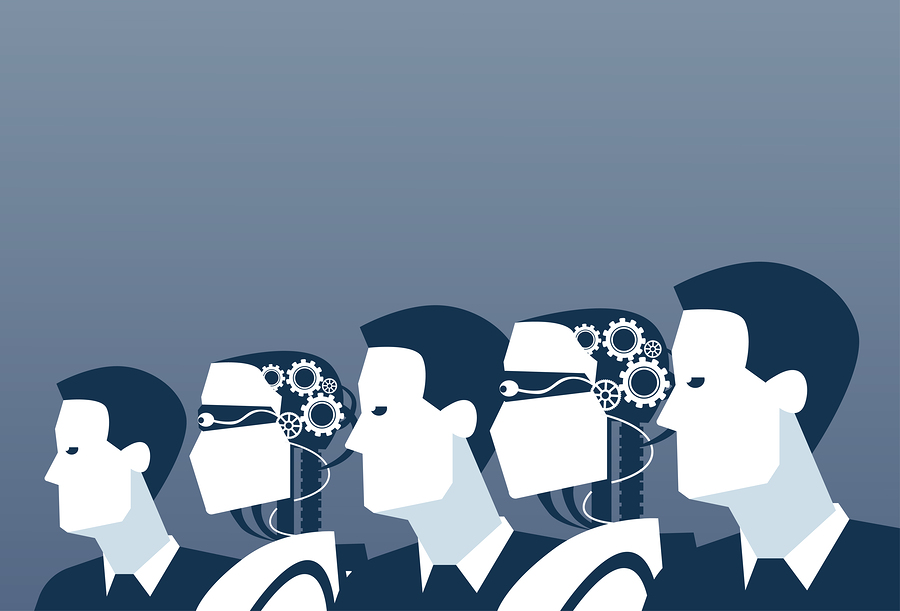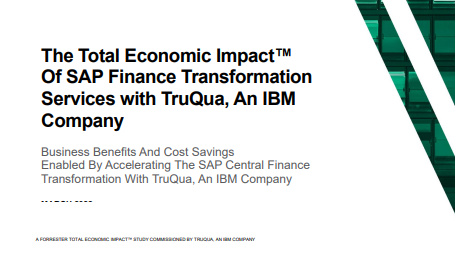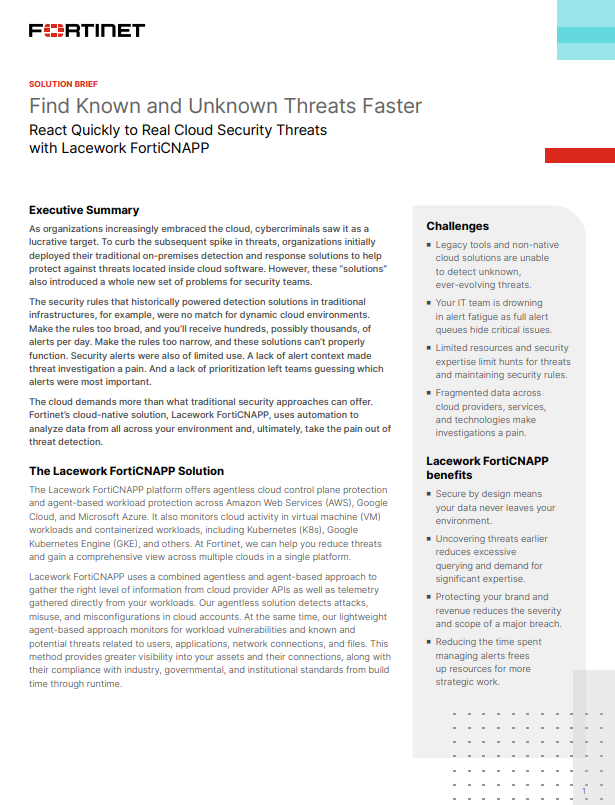Quarter of Brits worried about losing jobs to automation
Don't oppose automating jobs – just do it well, says union leader


A quarter of Brits are worried about robots taking their jobs and no wonder, given the constant predictions that automation will leave us without work.
The most recent figure comes via the Commission on Workers and Technology (CWT), backed by trade union Community and the Fabian Society, and headed up by MP Yvette Cooper. To mark the group's founding, the commission released its survey of 1,000 British workers, pointing to some positive findings: 73% are "confident they will be able to change and update their skills if new technology affects their job", while half are "optimistic" about their future job prospects.
However, the remaining 23% are worried that their job role may disappear entirely in the automation revolution, citing a lack in belief that the government, companies and trade unions are doing enough to help. Fewer than one in ten believe the government is helping the workforce adapt to such new technologies, versus 16% for trade unions and 27% for corporates.
That "failure of leadership" to help prepare at-risk workers is why the commission was set up, the new organisation said in a statement. "It is vital that action is taken now to ensure changing technology doesn't widen inequality and to make sure all workers feel the benefits," added Cooper.
"Technology can have great benefits as well as create new challenges," she added. "It's vital that action is taken now to make sure technology creates new better jobs and that all workers benefit from new technology. We have to make sure that automation and the digital revolution don't widen inequality and that everyone gets the help and support they need to get on."
Job concerns
It's no surprise at least some Brits are worried about being left behind as more automation steps into the workplace, as the past few years have seen a string of reports predicting robots stealing jobs, sparking ominous headlines.
Get the ITPro daily newsletter
Sign up today and you will receive a free copy of our Future Focus 2025 report - the leading guidance on AI, cybersecurity and other IT challenges as per 700+ senior executives
In 2014, the University of Oxford revealed researching that suggested a third of UK jobs could be replaced by technology such as automation and robotics in the next two decades. A year later, the Bank of England warned that 15 million British jobs were at risk from automation, notably administrative and clerical tasks.
This year, the Centre for Cities thinktank said a fifth of British jobs were on the line, with workers in manufacturing and retail in Mansfield, Wakefield and Sunderland most at risk, while PWC said a third of jobs could be lost globally by 2030, particularly impacting young people.
Alibaba CEO Jack Ma said earlier this year that AI and robots will "kill many jobs", while Deutsche Bank's CEO John Cryan has said a "big number" of his own staff would lose work because of automation.
Others disagree, with Gartner predicting that by 2020, artificial intelligence will create more jobs than it destroys. Capita also predicted that automation will create more jobs than will be lost but followed that up by slashing jobs to use a "robotic solution" in their place.
If the doomsayers prove correct, there are some upsides for those left with jobs, at least. PWC says GPD will climb. And at least most of us are happy taking orders from a boss robot, an Oracle survey found, and working alongside AI may make us better at our jobs, says Kemp Little. Indeed, an HPE exec said it's "fanciful" that robots will take our jobs; instead, automation will augment employees to improve their work and make those jobs easier.
What to do?
For its part, Community and Fabian's new commission aims to "identify the immediate actions" that government, trade unions and employers need to take over the next decade to protect workers when automation arrives.
The CWT hopes to help develop policy on what interventions are needed to create high-quality jobs for humans, how to support workers facing changing job roles and help them move to new work, and look at how unions can support innovation while ensuring "that no one is left behind".
What might that look like? Bill Gates has suggested robot workers should pay taxes, to slow takeup of their use by companies and to pay the costs of shifting to new forms of employment for humans perhaps to fund a universal basic income or simply more education for impacted workers.
"Automation cannot simply be opposed, rather it should be made to work in the interests of working people," said Roy Rickhuss, General Secretary of Community. "Our members are already dealing with the consequences of automation being managed badly."
Image: Shutterstock
Freelance journalist Nicole Kobie first started writing for ITPro in 2007, with bylines in New Scientist, Wired, PC Pro and many more.
Nicole the author of a book about the history of technology, The Long History of the Future.
-
 Optimise CX and accelerate business growth through your voice network
Optimise CX and accelerate business growth through your voice networkwhitepaper Protecting the human experience in a digital world
By ITPro
-
 Enterprises are doubling down on IT optimization strategies – and it’s delivering huge financial returns
Enterprises are doubling down on IT optimization strategies – and it’s delivering huge financial returnsNews Organizations that have cracked IT cost optimization and innovation reap the rewards both financially and in terms of time to market.
By Emma Woollacott
-
 IDC InfoBrief: Sustainability doesn’t need to be all stick and no carrot
IDC InfoBrief: Sustainability doesn’t need to be all stick and no carrotwhitepaper CIOs are facing two conflicting strategic imperatives
By ITPro
-
 How to empower employees to accelerate emissions reduction
How to empower employees to accelerate emissions reductionin depth With ICT accounting for as much as 3% of global carbon emissions, the same as aviation, the industry needs to increase emissions reduction
By Fleur Doidge
-
 The Forrester Wave™: API management solutions
The Forrester Wave™: API management solutionsWhitepaper The 15 providers that matter the most and how they stack up
By ITPro
-
 Former TSB CIO fined £81,000 for botched IT migration
Former TSB CIO fined £81,000 for botched IT migrationNews It’s the first penalty imposed on an individual involved in the infamous migration project
By Ross Kelly
-
 Schneider Electric unveils its first e-commerce partner program
Schneider Electric unveils its first e-commerce partner programNews Partners will be assigned a dedicated Schneider expert to aid strategy development
By Daniel Todd
-
 The Total Economic Impact™ of SAP finance transformation services with TruQua
The Total Economic Impact™ of SAP finance transformation services with TruQuaWhitepaper Business benefits and cost savings enabled by accelerating the SAP central finance transformation
By ITPro

